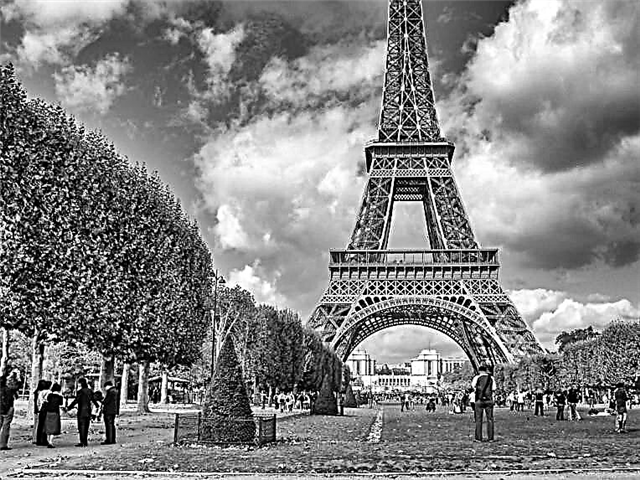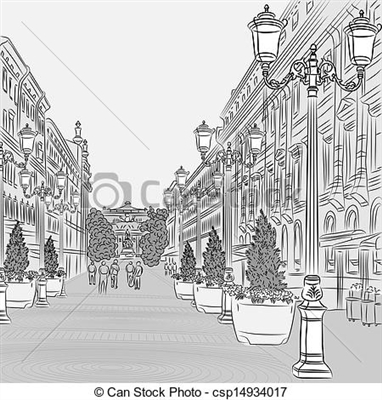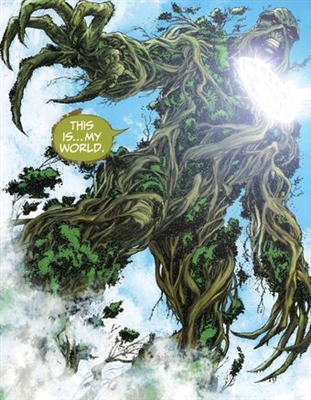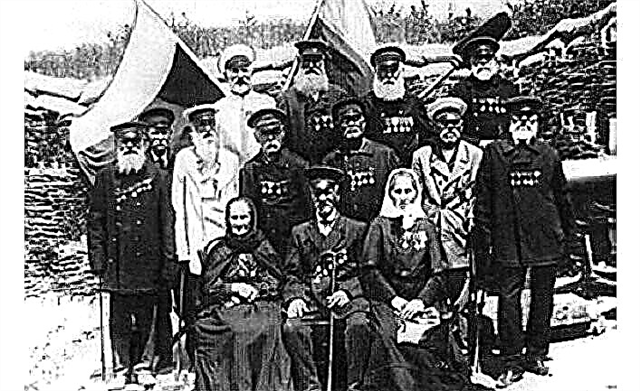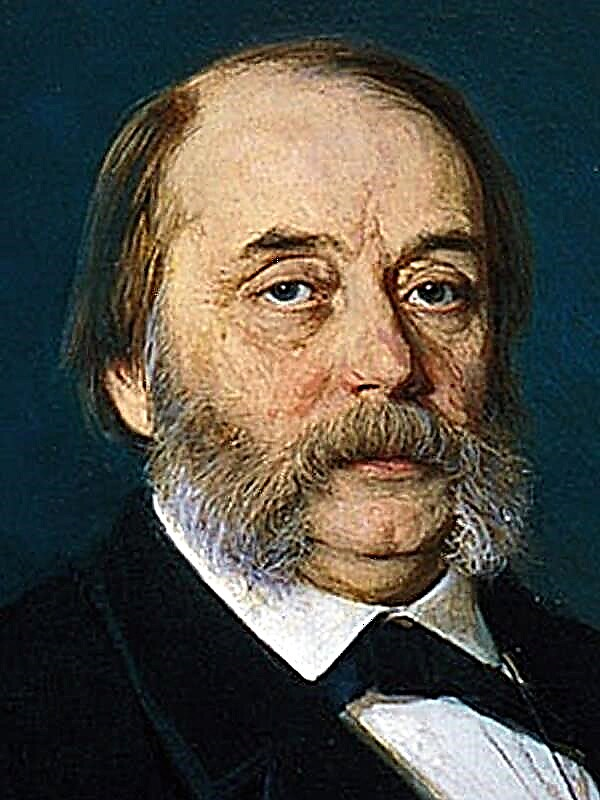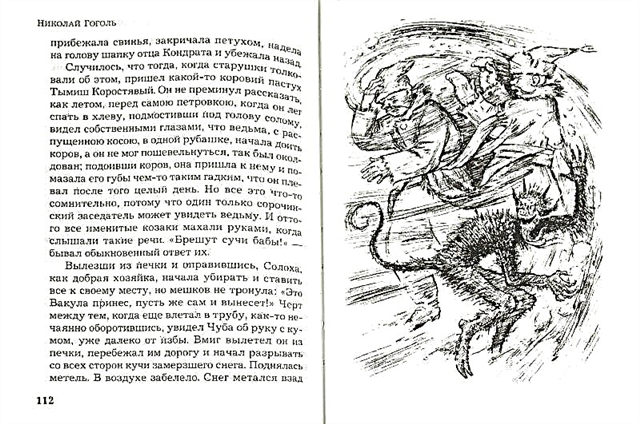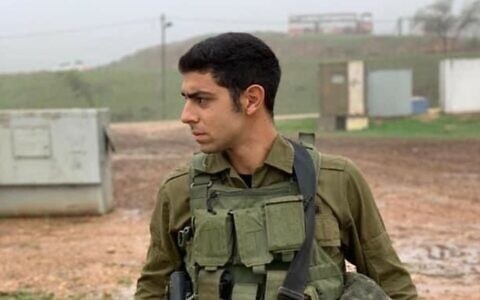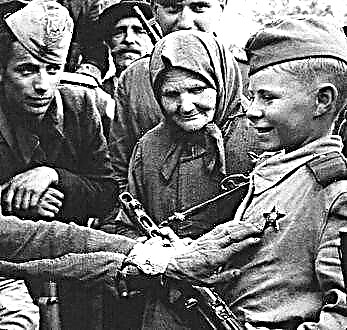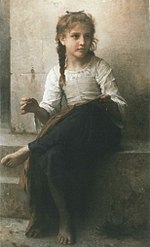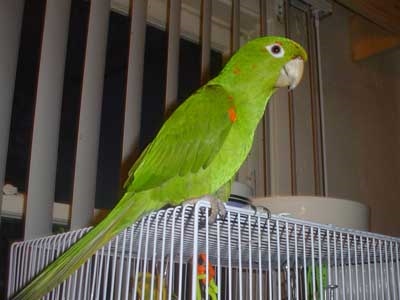Petrograd, mid-20s The protagonist is Andrei Nikolaevich Svistonov, a writer. “Svistonov did not work systematically, he did not suddenly see the image of the world, he did not suddenly become clear, and not then he wrote. On the contrary, all his things arose from ugly notes on the margins of books, from stolen comparisons, from skillfully rewritten pages, from overheard conversations, from turned gossip. ” In fact, he had nothing to write about. He simply takes the person and “translates” him into a novel. For Svistonov, people are not divided into good and evil. They are divided into necessary for his novel and unnecessary. In search of characters for a new book, Svistonov meets old spouses, fostering their old dog Traviatochka, becomes his own man in the house of the “fighter against philistinism” Deryabkin and his wife Lipochka, goes on a visit to the “Soviet Cagliostro” (aka “collector of filth ») Psikhachev. Psikhachev, as he himself admits, entered the university “to bawl him”, and studied philosophy without any faith, and received his doctorate to laugh at him. But there are things quite serious for Psikhachev. His library has many books on occultism, freemasonry, and magic. Not particularly believing in all this, Psikhachev founds the "order", a secret society. He consecrates Svistonov to the knights of the order, in antiquity of which he firmly believes. Therefore, Svistonov's taunts on the consecration procedure and on the order itself deeply offend Psikhachev. Nevertheless, the friendship of the two geniuses continues, Svistonov is a frequent visitor to Psikhachev’s house, and once, when the fourteen-year-old Masha, the daughter of Psikhachev, asks Svistonov to read the novel, he agrees after some hesitation (he was interested in what impression the novel would make on the teenager). “From the first lines, it seemed to Mashenka that she was entering an unfamiliar world, empty, ugly and sinister, empty space and chatting figures, and among these chatting figures she suddenly recognized her dad. He was wearing an old greasy hat, he had a huge open mouth. He held a magic mirror in one hand ... ”Ivan Kuku becomes the other“ victim ”of Svistonov. Ivan Ivanovich - "a fat man of forty, perfectly preserved." Smart face, sleek tanks, thoughtful eyes. At first, Ivan Ivanovich seems unconditionally significant to all his acquaintances. He seeks to maintain this impression. He does everything with greatness. Shaves - majestically, smokes - captivatingly. It attracts the attention of street school students even on the street. But the whole point is that Ivan Ivanovich has nothing of his own - "neither mind, nor heart, nor expression." He approves only that which others approve, reads only books respected by all. Alternately keen on religious issues, then Freudianism - along with the rest. He wants to be like some great man (“Believe me,” admits Kuk Svistonov, “as a child, I was extremely upset that my nose was not the same as that of Gogol, that I didn’t limp like Byron, that I don’t suffer from spills bile, like Juvenal "). His feeling for Nadia (she seems to him Natasha Rostova) is sincere, although clothed in vulgar phrases ("Be wax in my hands", etc.). Ivan Ivanovich turns out to be a find for Svistonov and immediately almost completely migrates to his novel. Svistonov, without thinking much, slightly changes the name of Kuku for his hero, turning it into Kukureka, and calls the hero’s favorite girl Verochka. Repeatedly hearing about Svistonov’s wonderful new novel, Ivan Ivanovich comes to the writer on the eve of his wedding with Nadia with a request to read what was written. Svistonov refuses, but Ivan Ivanovich manages to insist. He is struck by what he heard. It seems to him that everyone is already clearly visible in his insignificance, he is afraid to meet friends. He doesn’t go, as usual, to Nadya’s evening to go for a walk together, but locks himself up in his room, not knowing what to do - the other person lived a life for him, lived pitifully and contemptuously, and he himself, Cook, has nothing to do in this world. Ivan Ivanovich no longer needs Nadia or marriage, he feels that it is impossible to follow the beaten paths of the novel. The next morning, Ivan Ivanovich goes to Svistonov and begs to break what was written, although he firmly knows that even if he breaks the manuscript, the self-esteem in him irretrievably perished and life lost all appeal. But Svistonov is not going to tear the manuscript, comforting Ivan Ivanovich by taking only “some details” for his hero. Ivan Ivanovich is changing: he shaves his tanks, changes his costume, doesn’t travel around the suburbs anymore, moves to another part of the city. He feels that everything that was in him has been stolen from him, and only dirt, bitterness, suspicion and distrust of himself remain. Nadia to no avail tries to meet him. Finally, Ivan Ivanovich Kuku moves to another city.
And Svistonov enthusiastically ends his novel. “Worked well, breathed freely. Svistonov was written today like never before. The whole city stood in front of him, and in an imaginary city his heroes and heroines moved, sang, talked, married, and married. Svistonov felt empty, or rather, in a theater, in a dark box, sitting in the role of a young, elegant, romantically inclined viewer. At that moment he highly loved his heroes. ” Piles of papers grow around Svistonov. He makes up one image from several heroes, transfers the beginning to the end, and turns the end into the beginning. The writer cuts out many phrases, inserts others ... After finishing the novel, tired of work, he walks along the street "with an empty brain, with a weathered soul." The city seems to him a toy, houses and trees - apart, people and trams - clockwork. He feels loneliness and boredom.
The places described by Svistonov turn into deserts for him, people with whom he was familiar lose all interest for him. The more he thinks about a novel that is out of print, the more emptiness forms around him. Finally, he feels that he is finally locked in his novel.
Wherever the Svistonov appears, everywhere he sees his heroes. They have different surnames, different bodies, different manners, but he immediately recognizes them.
Thus, Svistonov entirely passes into his work.


